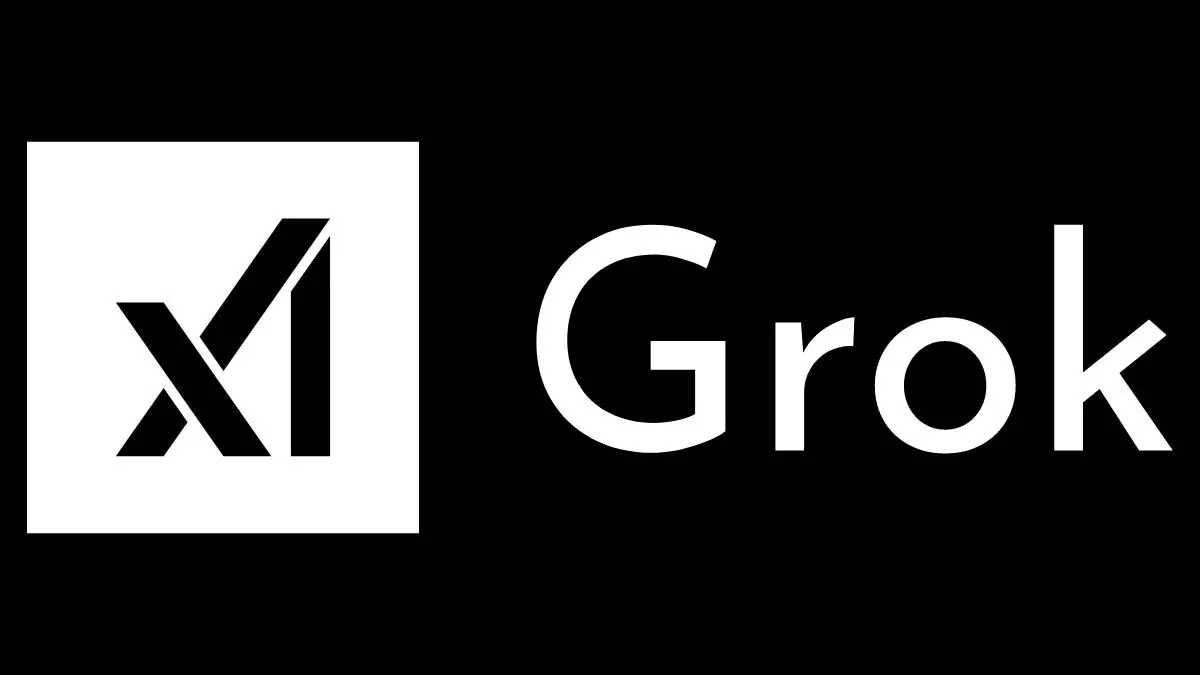The tech world is often marked by rapid developments and unexpected releases, but few incidents capture the collective imagination like the abrupt introduction and subsequent withdrawal of new technologies. Recently, Elon Musk’s artificial intelligence company, xAI, launched an AI image generator named Aurora on the Grok platform, formerly known as Twitter. Although the announcement transpired over a weekend, the quick disappearance of Aurora raises numerous questions about its intended purpose, operational stability, and ethical implications.
Aurora was spotted by users on Saturday when they noticed an option labeled “Grok 2 + Aurora” in the model selector interface, which allowed them to generate images using this newly developed AI tool. Unlike its predecessor, Flux, created by Black Forest Labs, Aurora is claimed to be homegrown. However, in an age where agility often eclipses formality, it’s baffling that xAI chose not to publish any official materials or press releases surrounding its launch. This decision to go silent on key details regarding Aurora—from its architecture to its training data—certainly adds an element of mystery that not only piques interest but simultaneously raises flags about transparency in AI development.
Adding to the intrigue, Musk confirmed the existence of this model in a casual online exchange, stating, “This is our internal image generation system. Still in beta, but it will improve fast.” Such a lackadaisical announcement not only fuels skepticism about the reliability of the product but also questions the strategic communications strategy of one of the tech world’s most scrutinized leaders. Is this calculated aloofness a marketing strategy, or does it signal internal chaos and uncertainty?
The Ripple Effects of Public Involvement
The user-generated images shared on social media included portraits of notable public figures, which consequently sparked discussions about ethical and legal boundaries. At the time of its brief availability, users reported producing images of not just industry leaders but also copyrighted characters like Mickey Mouse and Luigi. This raises essential issues regarding copyright infringement and defamation, particularly when the generated content borders on the extreme—such as a digitally manipulated image of former President Donald Trump depicted with a bleeding face.
With potent technologies like AI image generation, the potential for misuse looms large. The absence of rigorous guardrails designed to prevent the generation of controversial or damaging images serves as a glaring gap in xAI’s responsibility as a tech leader. Although employees from xAI expressed their enthusiasm about creating an innovative tool, the rollercoaster ride from launch to withdrawal suggests that the company underestimated the ethical implications of its technology.
Just hours after its tantalizing debut, Aurora seemingly vanished from public access, leading to speculation ranging from accidental launch to an urgent need for ethical monitoring. Could this abrupt removal be an admission that Aurora was launched prematurely, without adequate consideration for the potential ramifications? Or was it a glitch, a technical hiccup in an otherwise meticulously crafted plan? The lack of transparency surrounding the reasons adds to growing concerns regarding xAI’s operational procedures and the readiness of its internal tools.
Interestingly, while such occurrences can signal normal start-up growing pains, the stakes are distinctly higher in the realm of artificial intelligence. The implications of hastily released AI can be substantial, affecting everything from interpersonal relationships to institutional reputations. If Aurora’s removal was indeed prompted by its failure to adhere to ethical standards, it raises critical questions about the safeguarding measures that tech companies should implement prior to any public launch.
The emergence and immediate withdrawal of Aurora serve as a poignant reminder of the complexities surrounding AI technologies. While innovation is paramount, so too is accountability. The episode exposes the necessity for stricter ethical frameworks within AI development, especially when public figures and sensitive subjects are involved. As we continue to navigate an era brimming with technological advancements, it is crucial that companies like xAI prioritize a balance between creativity and responsibility, ensuring that such potent tools are not only innovative but also principled in their deployment. The unfolding saga of Aurora emphasizes that in technology, as in life, it is not just about releasing the next big thing, but about being conscientious stewards of the power we harness.


Leave a Reply